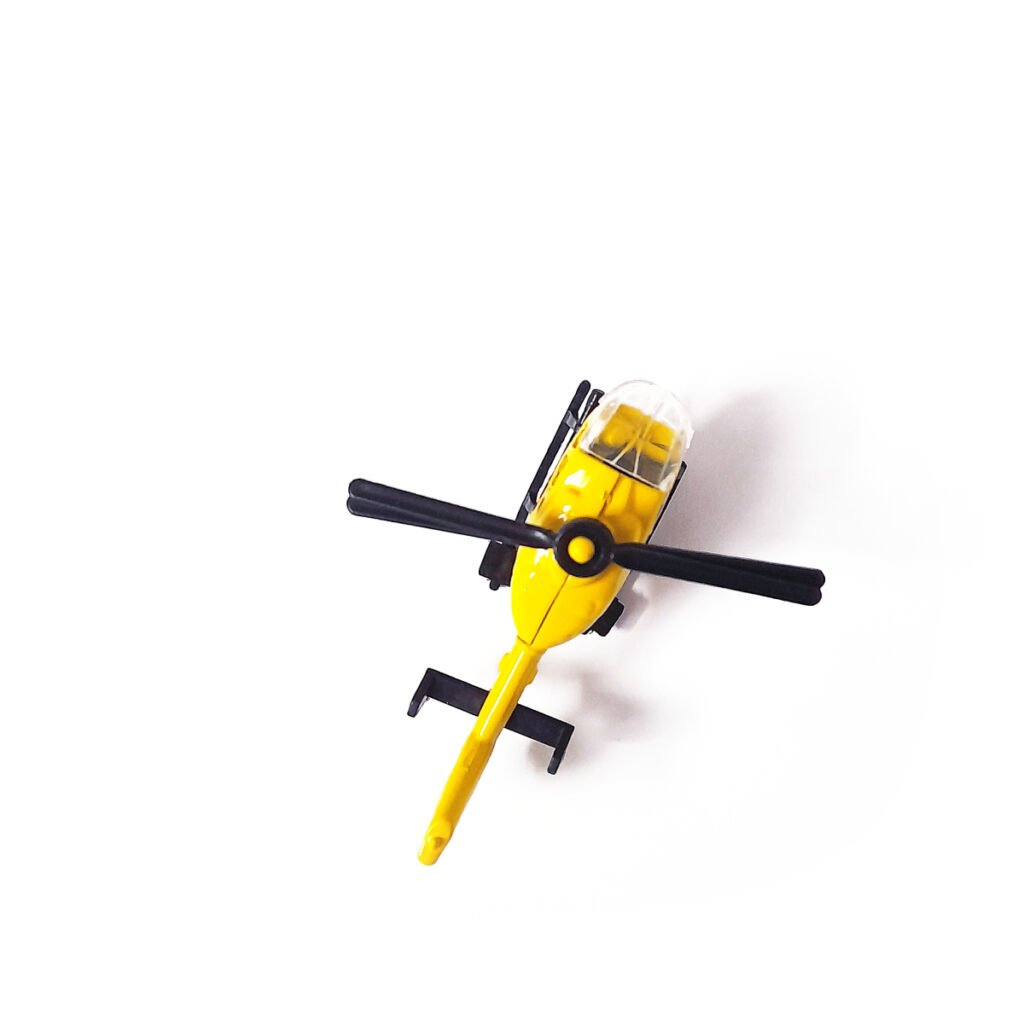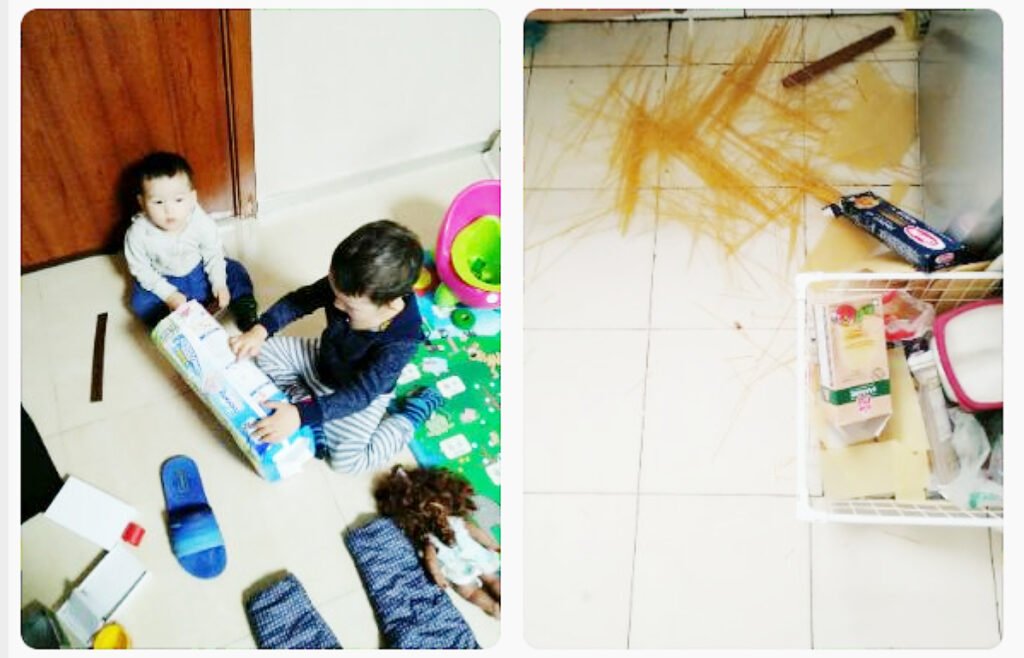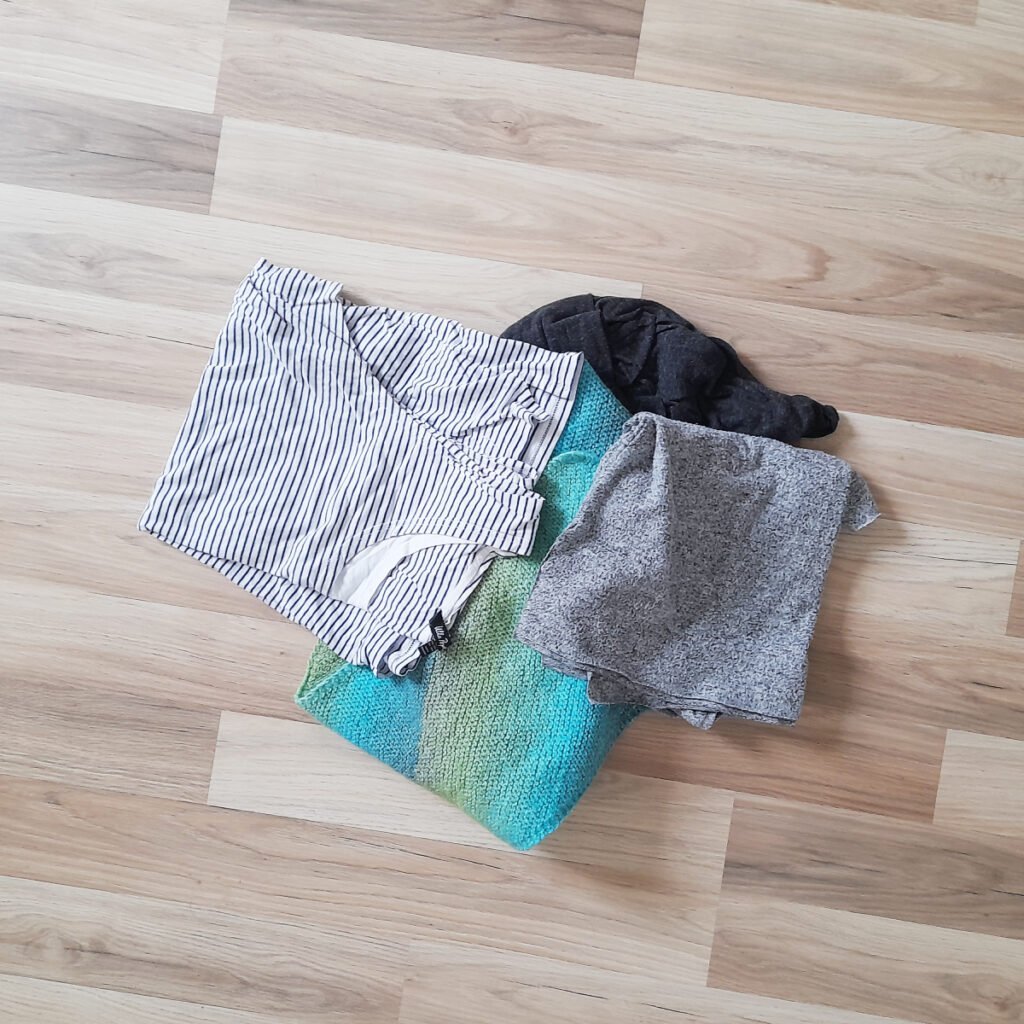articles
China Elevator Stories
Letting Go of What Doesn’t Matter
Living frugally in a society focused on external appearances can be challenging.
19/03/2025

Ruth Silbermayr
Author

Living in Vienna over the past few years, I’ve had the pleasure of encountering many controllers—such as helicopter parents and other overly controlling individuals. I have also met many people who suffer from some form of OCD (Obsessive Compulsive Disorder).
I, too, struggle with perfectionism, but I try not to let it spiral out of control.
OCD can be both positive and negative. On the positive side, a person with OCD may create perfect results—like a home that looks flawlessly comfortable and enjoyable to be in, or a song where every tone and instrument fits together harmoniously. Some people may have OCD and keep their home meticulously clean, while others may appear perfectly put together at all times.
However, OCD can become problematic when it goes too far. A person may suffer from OCD without realizing that they’re not perfecting anything. If they only do so when alone, we don’t have a problem at all, but if that person tries to force others to do things in a “correct manner” all of the time (which would be a combination of being a controller and being OCD), instead of simply letting others do things the way it works for them, we may encounter a problem. Usually, we only have the right to control how we do things, but not how others do them. In certain instances, we’re allowed to instruct others, but more often than not, we don’t have the right to interfere. If a person who suffers from OCD doesn’t allow others to do things their way, they might be making things worse, thinking their rules should apply to everyone. Some may have very extreme rules and punish others when they don’t adhere to their self-imposed rules. In reality, their perfectionism may be tainted by bad taste, resulting in a less-than-perfect outcome, particularly for others who have their own preferences and opinions.
As a woman who has given birth to two children, I understand the immense pressure to be perfect, especially for women my age. I also understand how messy life can get. We are expected to dress our children flawlessly, appear flawless ourselves—even while breastfeeding—and present a picture-perfect family and relationship.
I believe that once you’ve experienced childbirth, you become much more capable of seeing certain things as insignificant. Childbirth, in itself, is a messy process. I certainly didn’t focus on what came out of my body during childbirth, except for my babies, but I imagine it wasn’t very ‘clean.’ Someone who is overly OCD might react with disgust or focus on trivial matters, like the ‘woman and baby not being very clean,’ instead of recognizing what truly matters: a baby was born, and this is a beautiful experience for any human being.
Life is often messy, and trying to perfect everything can hinder the actual experience of living. One can still have OCD while recognizing that perfection is an illusion. A person can acknowledge their OCD but avoid imposing impossible standards on others. However, some with OCD may develop a truly unmanageable disorder (for others), where they won’t allow the messiness of life to be visible because it might reveal their own flaws. They may try to force others to become robots who are flawless, not human beings with imperfections experiencing imperfect lives.
The birth of a baby is messy—so is any day spent with a baby. If you’re preoccupied with cleaning your home to impress visitors, you may lose sight of what truly matters: taking care of your baby, yourself, and any other pressing concerns.
There are countless videos on YouTube claiming to offer the secret to perfection: how to dress your children impeccably, clean every corner of your home, or put on makeup so you look anything but exhausted as a new mom, …

The competition within my generation has become excessive. If you enjoy cleaning your home because you like having it clean, that’s perfectly okay. But if you’re constantly cleaning to avoid someone thinking negatively of you, competing with others about who has the cleaner home, or being put down for ‘not being clean enough,’ then we’re dealing with a different issue—one that creates unnecessary stress. If you don’t mind not having a perfectly clean home, why stress about what others think? You may also enjoy having a clean home, but another person may clutter it or hinder you, making it harder to maintain. Whatever your choice is, it should be what works for you, not what someone else—who has no right to comment on your home—thinks is best for you.
When I was growing up, there wasn’t as much pressure around parenting. People took pictures but didn’t need to look flawless every single day. Life was lived, not constantly curated for social media or external appearances.
In my family of eight children, we only showered once a week, played outside in the mud, and didn’t have new clothes because our parents couldn’t afford to buy new clothes for all of us. We wore hand-me-downs, as did most other large families. Many other families in our village had fewer children, and I was often bullied at school for not having “clean” clothes, the newest school bag, or any name-brand shoes.
I was also bullied because most other children grew up Catholic, while I did not.
Many people in Vienna care deeply about having new, brand-name clothes, keeping up with the latest trends on Instagram or TikTok, and always appearing perfect.
I find this attitude towards life overwhelming. Not everyone is like this, but in my niche (graphic design), this is often the norm when you start working in a company. You have to follow influencers and stay on top of trends. In my opinion, these platforms have become harmful, and they should be banned because of the negative psychological effects they have on people.
I often feel like I live among robots—people who only live to impress others with how things appear, rather than being authentic and allowing real intimacy (which stands for ‘in-to-me-see,’ letting another person truly see you for who you are).
While social media was once a way to connect with friends, many of the platforms have become toxic. They have a profoundly negative impact on the lives of those who use them regularly, especially for those whose careers depend on them—those who wouldn’t otherwise use these platforms but are forced to because their job demands it. Many who buy into this mentality are materialistic, and in Vienna, you could be fired if you admitted to practicing ‘frugal living’—at least if you’re working at a ‘fancy company.’
When I worked as a graphic designer at a company producing high-quality school bags, I kept my frugal lifestyle a secret. Those who knew about it (not my co-workers, but others) often bullied me for it. Without embracing frugality, I wouldn’t have been able to afford food or clothes for my kids, especially as electricity, and food prices have soared in Austria. I’m at a stage in life where I no longer care about such things, but others aren’t at that stage and only care about how things appear to others.
This and last year’s winter, I didn’t turn on the heating, and I didn’t buy new clothes. Having lived in China, I have experienced living conditions that are beneath a European standard many times, and though I sometimes wished I could simply turn on the heating, saving money was more important than having a warm home. Due to having experienced adverse conditions in China, I was used to things not always being as convenient. Though living in Northeast China we always had heating during the winters and a very warm home, I was used to very cold temperatures when going outside. I had also experienced winters without heating in Southwest China, and in Shenzhen. All of these places, though not as cold as regions where it snows, can still get pretty cold—particularly if you have no heating (China has no central heating south of the Yangtze River). I was also used to not having warm water for showers, like in Kunming, where water was heated by solar panels and only available on sunny days, which were fewer during the colder months. In our apartment in Siping, we were accustomed to going without running water for several days in a row. Some Western women who have moved to China have taught in cold classrooms without heating, wearing warm winter coats.
In the past, I was used to buying clothes and wearing them until they got holes. In recent years, I started wearing only second-hand clothes, which I managed to get for free.

I carefully managed my spending to live within my means. The second-hand clothes were actually quite cool, and I found much more fashionable items than I would have found in stores. Some of them were terrific and would have been very expensive if I had bought them new. There is no scarcity of second-hand clothes, particularly because many people prefer buying new. The positive impact we can have on our planet by wearing second-hand clothes is huge.
To some, “face”—or outward appearance—seems more important than the reality of life, which is that prices are rising, and many people have to adjust their lifestyles in order to survive.
Before I started living more frugally, I tried to find a higher-paying job (my niche is severely underpaid). In the past, whenever I earned money, a narcissist would enter my life and either wipe out my finances or block my ability to earn—typical behavior for any malignant narcissist. I have never encountered one who didn’t try to do so. I’ve met all kinds of people, but never a male narcissist who didn’t attempt to extract money from me. Some believe that a little money is a lot, that your income is the actual amount that is available to you (not deducting rent and other costs you have, not that your income is anyone else’s business), while others think your money belongs to them simply because of gender (male/female). I have been dealing with a severely mentally ill stalker who has been after my money for a few years in a row now and I can’t tell you how much energy I have had to spend on trying to keep him away from my bank account.
Due to various financial challenges, including paying court bills, I focused on finding ways to save money to ensure I could still provide my children with basic necessities like food and clothing—especially since the courts in Austria refused to resolve the ongoing dispute over child maintenance fees.
Even then, he still made sure I had to pay money because, in his mind, I had no right to have enough to live comfortably. He is extremely misogynistic—an incel who hates women and tries to force any woman he is “interested in” to be his financial provider. He has latched onto me—a stranger I barely know—and has been after my money ever since. If you ever meet a person like this, flush him out of your life as soon as possible and grab your purse and run so he can’t get ahold of your money. People like him are called “love scammers”—they pursue relationships with women mainly to extract money from them.
I’ve met people who obsess over cleanliness to the point where it becomes unhealthy. They care more about appearances than how things actually feel. To me, life is about living and enjoying it—not about how often you shower or how stylish you look every day. If you’re beautiful, you’re beautiful, regardless of whether you showered or not, or whether the clothes you’re wearing are fashionable. You won’t become ugly by skipping a shower or not wearing the ‘right’ clothes (this is for those who lack common sense, like the stalker). These are external factors. Relying on them for validation of your worth, rather than having the internal confidence that these things don’t matter, misses the point entirely. If you’re dealing with a narcissist who’s destroying your life, getting out of bed and surviving the day is already a huge accomplishment.
Over the past few months, I’ve saved money by showering less when I don’t need to go out, using the washing machine less (I got more second-hand clothes and washed full loads, making sure to wash items that needed to be separated from other items, like jeans, using a full load, getting a few jeans for free so I could save money on electricity), and by not turning on the heat, instead dressing warmly enough to get through winter without needing to spend an extra 600 euros per month on heating.
Some people mocked me and bullied me for these choices, but I don’t care about them. People who bully others for saving money or living in a way that’s more natural for them aren’t the kind of people I want to associate with.
Getting out of debt—or avoiding new debt—can be difficult when your surroundings aren’t supportive. If you’re surrounded by people who understand and encourage your efforts, living within your means becomes much easier. However, if you’re constantly being bullied for wanting to save money, it can be very hard, and you may eventually give up because the pressure becomes too much to bear.
What measures have you taken to counteract inflation?